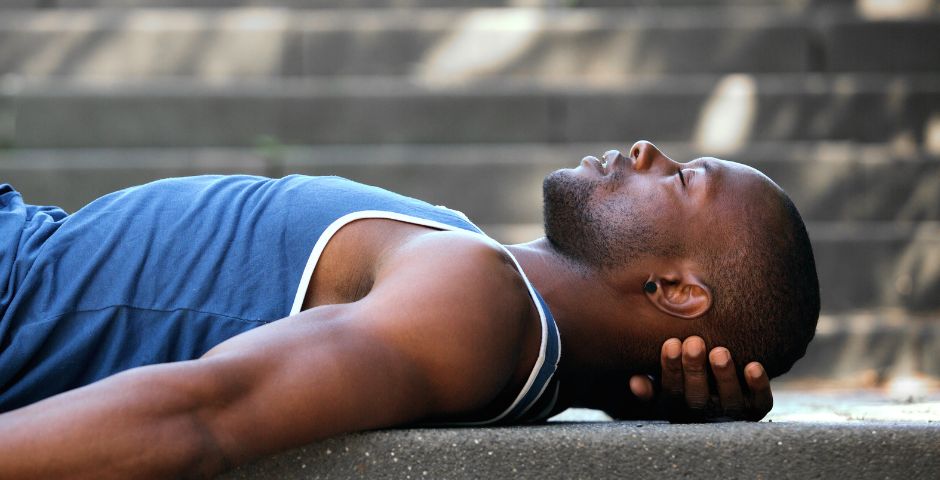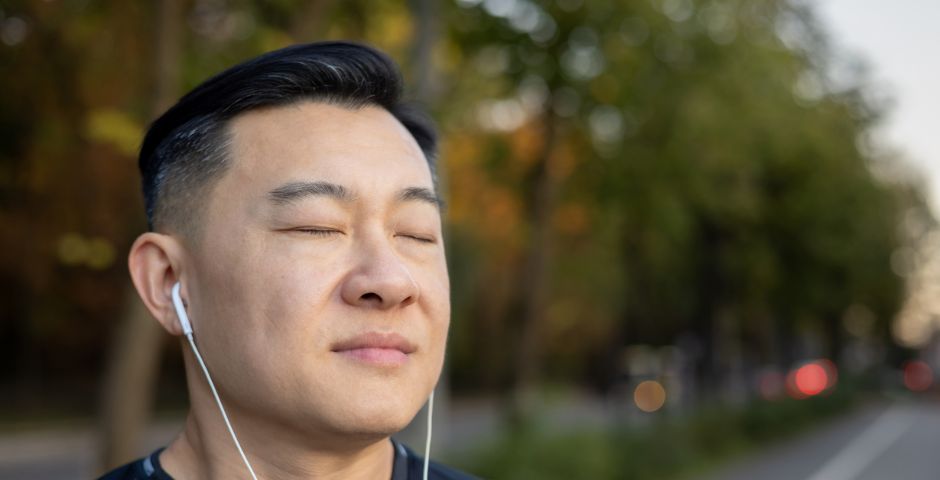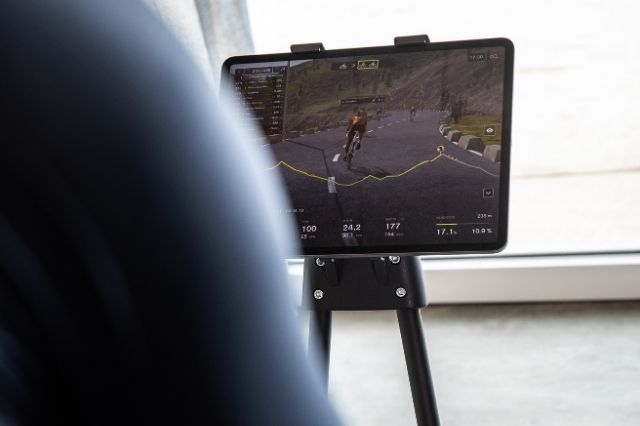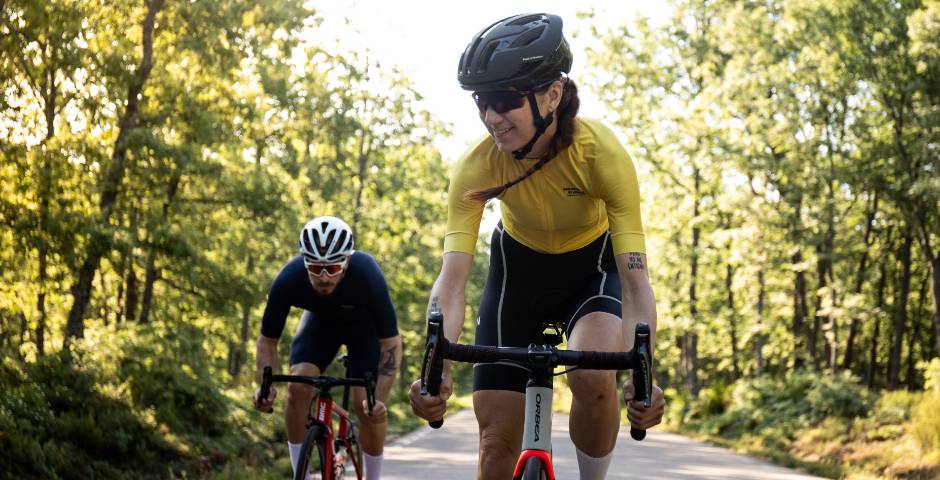Sleep is a fundamental need for everyone, especially for athletes. In the athletic sphere, adequate rest can be the difference between winning a medal or falling short. The relationship between sleep and sports performance has been the subject of numerous studies that show how rest influences the physical and mental abilities of athletes. This article explores the effects of sleep on athletic performance and offers practical advice to improve the quality of rest.
The importance of sleep in performance
Sleep is essential for recovery and optimal performance in sports. During rest periods, the body performs vital processes of repair and regeneration. For athletes, quality sleep not only helps to recover energy but also enhances cognitive function and emotional stability. In disciplines like cycling, where endurance and concentration are key, good rest can make the difference between a successful race and an exhausting day.
The impact of sleep on physical performance is significant. Endurance and strength, two fundamental pillars in any sporting discipline, are directly affected by the quality of sleep. During rest, the body produces protein synthesis and releases growth hormones, essential processes for muscle repair and strength gain. For example, in cycling, where the legs are subjected to constant effort, adequate sleep ensures that muscles recover and are ready for the next training session.

Benefits for reaction time and coordination
Reaction time and coordination also benefit from good rest. Insufficient sleep can slow reflexes and affect the precision of movements, something critical in sports where coordination is crucial. In cycling, the ability to react quickly to changes in terrain or the actions of other cyclists is essential to avoid accidents and maintain consistent performance.
Moreover, sleep plays a crucial role in injury prevention. Studies indicate that lack of sleep increases the risk of sports injuries due to reduced concentration and a decrease in the body’s response capability. In a demanding sport like cycling, where balance and strength are essential, preventing injuries through adequate rest is a smart strategy.
The impact of sleep on mental performance
Mental performance is as important as physical in sports. Concentration and decision-making are cognitive processes directly affected by the quality of sleep. A well-rested athlete can maintain focus for extended periods, essential in long competitions like road cycling. Additionally, quick and precise decision-making is facilitated by a well-rested brain, which can be the difference between a successful manoeuvre and a costly mistake.
Stress management and anxiety are also closely linked to sleep. Adequate rest helps regulate emotions and reduces levels of cortisol, the stress hormone. For cyclists, who often face long hours of training and competition, maintaining calm and emotional control is crucial for optimal performance. Using tools like a cycling simulator, such as BKOOL, can be an excellent way to train both body and mind in a controlled environment, allowing cyclists to focus on improvement without the pressure of live competition.
Consequences of poor sleep
Sleep deprivation has numerous negative consequences for athletes. One of the most immediate effects is the impact on muscle recovery. Without adequate rest, muscles do not have enough time to repair and strengthen, leading to decreased performance and a higher risk of injuries. For a cyclist, this means not being able to maintain the same level of performance in training and competitions, affecting their progress and results.
Moreover, sleep deprivation increases the risk of illnesses. A weakened immune system, a consequence of insufficient sleep, makes the body more susceptible to infections and diseases. For athletes, maintaining optimal health is essential to train and compete at the highest level.
Factors affecting sleep quality
The quality of sleep can be affected by various factors. Diet and pre-sleep habits play a crucial role. Consuming heavy meals or stimulants like caffeine close to bedtime can interfere with sleep. Athletes should pay attention to their diet and avoid these foods before sleeping to ensure quality rest.
The environment and conditions for good rest are also fundamental. A quiet, dark, and cool environment promotes deep and restorative sleep. Athletes should ensure their sleep environment is optimised to promote sleep. This includes investing in a good mattress and pillows and keeping the room free from noise and lights that can interrupt sleep.

Tips for improving sleep quality
To improve sleep quality, it is important to establish routines and consistent schedules. Going to bed and waking up at the same time every day helps regulate the biological clock and promotes more restorative sleep. Athletes should prioritise this consistency to ensure their body is adequately rested.
Relaxation techniques and mindfulness can be very effective for improving sleep quality. Practising breathing exercises, meditation, or yoga before bed can help calm the mind and prepare the body for rest. These techniques are especially useful for athletes who experience high levels of stress and anxiety.
Optimising the sleep environment is also crucial. Ensuring the room is dark, quiet, and cool can make a significant difference in the quality of rest. Athletes should consider using blackout curtains, earplugs, or white noise machines to create a conducive sleep environment.
Sleep is an essential component of sports performance. Both the body and mind benefit greatly from adequate rest, allowing athletes to reach their full potential. In demanding disciplines like cycling, where endurance, concentration, and coordination are crucial, ensuring good sleep quality should be a priority.
Understanding the effects of sleep on physical and mental performance, as well as the consequences of sleep deprivation, is fundamental for any athlete seeking to improve their performance. Additionally, implementing habits and techniques that promote good rest can make a significant difference in athletic life.
For cyclists, using tools like a cycling simulator, such as BKOOL, can be an excellent way to complement physical training with practices that improve sleep quality and, consequently, sports performance. Thus, sleep becomes not only a basic necessity but also a key strategy for achieving success in sports.
BKOOL is the most complete cycling simulator on the market, try it FREE for 7 days!
 Go to BKOOL
Go to BKOOL





